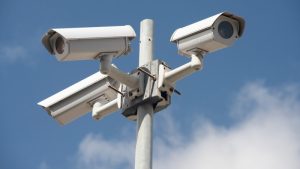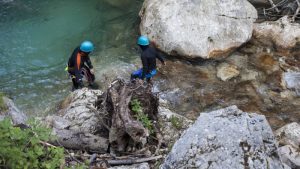The Department of Homeland Security’s Science and Technology First Responders Group is working with the Lower Colorado River Authority in Texas to develop Internet of Things sensors and geo-targeting alerts that will enable faster reporting of flood conditions so that first responders can better respond to problem areas.
The Investigator General of the Department of Homeland Security investigated a claim that the agency hacked into the state of Georgia’s voter registration database and found that the access consisted of “normal and automatic message exchanges” from Microsoft applications.
Designating state election systems to the nation’s critical infrastructure was a misstep on behalf of the Department of Homeland Security, according to William Gardner, New Hampshire’s secretary of state.
The Department of Homeland Security announced that the nation’s election infrastructure will be designated as a subsector of the existing critical infrastructure sector.
The Federal Aviation Administration and the Department of Homeland Security conducted drone detection technology research at Denver International Airport this week.
The Lower Colorado River Authority has 275 flood sensors deployed throughout its 44,000-square-mile domain. With a $650,000 grant from the Department of Homeland Security’s Science and Technology Directorate, the LCRA hopes to increase that number.
About 10 states have reached out to DHS’s Office of Cybersecurity and Communications to ask questions and provide feedback on its cybersecurity services, according to Neil Jenkins, director of the Enterprise Performance Management Office at DHS. He said there has been an uptick in outreach because of the impending election.
Federal information sharing is key to combating terrorism and cyber threats, according to law enforcement representatives from several states.
A new tool called the Electronic Recovery and Access to Data Prepaid Card Reader allows police officers to check the balance of cards, including credit and debit cards, gift cards, hotel key cards, library cards, and Metro cards. The device will be useful because criminals rarely travel with stacks of paper money anymore.
The Department of Homeland Security Science and Technology Directorate’s First Responders Group is creating software designed to help search-and-rescue groups. In a partnership with dbS Productions, FRG developed FIND to track lost individuals, some of whom may be children or people with disabilities.













